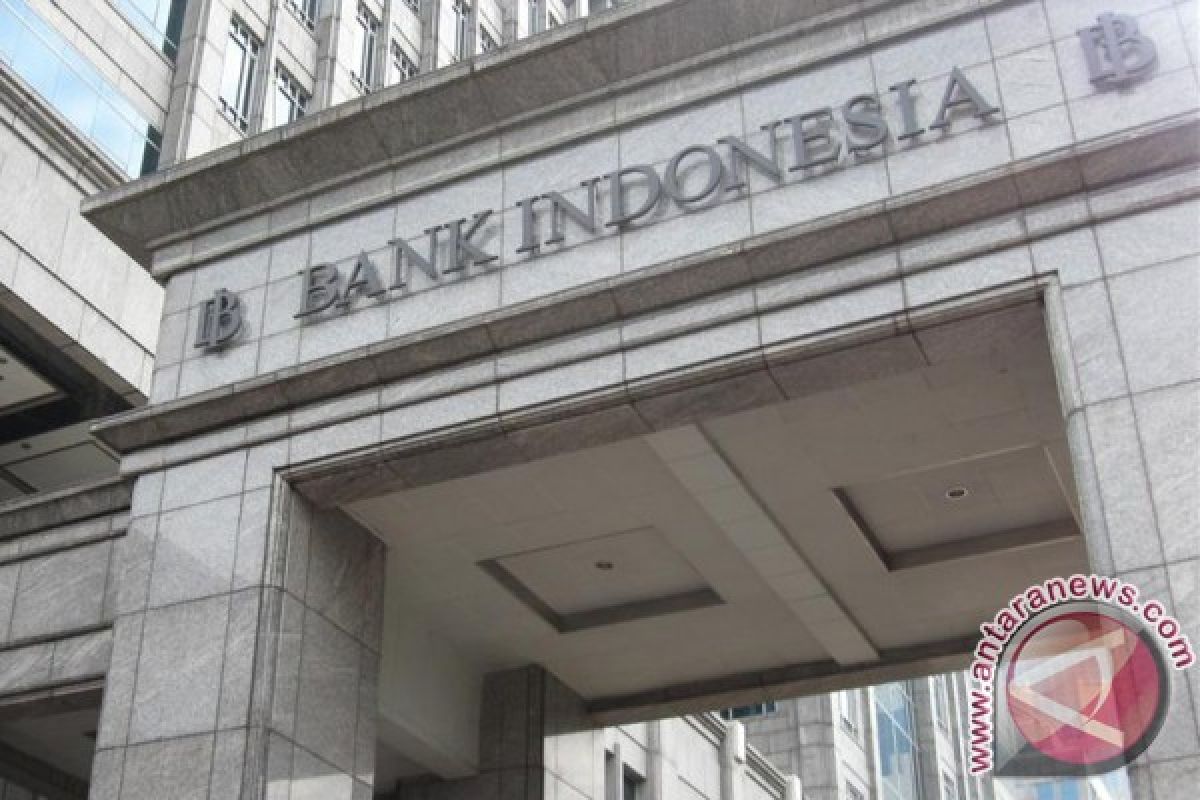Amid the global economic uncertainty, we must find and launch a breakthrough."Semarang (ANTARA News) - The government has taken a series of steps to forestall further economic slowdown such as with the macro prudential policy, a banker said.
"Relaxation has been regulated in macro prudential policy while continuing to observe the prudential principles," head of Bank Indonesia representative office for Central Java, Iskandar Simorangkir said.
The central bank already relaxed its policy such as in Loan to Value Ratio (LTV) and Financing to Value Ratio (FTV), Iskandar said here, adding the policy would be effective as from August, 2016.
In a bid to encourage banks to boost credits, the central bank has raised the minimum limit of Loan to Financing Ratio from 78 percent to 80 percent with the maximum limit remaining unchanged at 92 percent.
On June 17, 2016, the central bank cut its benchmark interest rate (BI Rate) to 6.5 percent with deposit interest rate cut to 4.5 percent and lending rate 7 percent, all by 25 basis points.
Iskandar said with the relaxation, the economy is expected to grow with higher rate.
"Amid the global economic uncertainty, we must find and launch a breakthrough," he said.
Earlier, Executive Director for Economy and Monetary Policy of the central bank Juda Agung Juda said relaxation of macro prudential policy is necessary to revive the property sector.
Relaxation of the policy would boost demand for property, which is the leading sector in the countrys economic recovery, Juda said.
He said revival of the property sector would have positive impact on other sectors such as construction, manufacturing, mining and service sectors, adding it is vital to sustain economic growth.
Therefore, credit expansion has to be encouraged to improve the performance of the property sector and to facilitate the people in buying houses, he said.
"Macro prudential policy is addressed mainly to credit expansion, which is currently still too weak," he added.
He predicted that the policy would boost credit expansion by 10 to 12 percent (yoy) this year and the effect is expected to be significant on the banking sector and the people in the third quarter of this year.
"Our estimate puts credit growth at 10-12 percent in 2016 and the majority of banks would enjoy the LTV relaxation because in aggregate NPL is around 2.9 percent. Indeed, there are bank having NPL higher than 5 percent, but the majority is below 5 percent," he said.
Currently, the transmission of the relaxation policy in credit has not been optimum as credit in March grew only 8.7 percent from 6.4 percent in earlier months and in April it was only 8 percent, he noted.
The central bank hopes that the series of policies would boost domestic demand that would result in stronger economic growth without disrupting macro economic stability amid the global slump.
(Uu.H-ASG/F001)
Editor: Priyambodo RH
Copyright © ANTARA 2016












